Failure.
Defined by the dictionary as, "lack of success, non-fulfillment, defeat, collapse".
We as a society don't use the word failure often. We don't fail our school-aged children. We give everyone who competes in races participant ribbons. We give feedback instead of criticism. We describe our weaknesses as "non-strengths" and our shortcomings as "opportunities to grow".
We shy away from the word failure because it's considered harsh, blunt, rude and cringeworthy.
Friend and mentor Ellie - who has been tantamount to my growth as a woman, entrepreneur and human being - has often discussed with me about the importance of teaching children resiliency. Her learning and core belief in this area is that children should be taught that just because I failed I am not a failure; and that an evolved and resilient child would have the wherewithal to identify within themselves or a situation as failure. I failed. I can try again. I have what it takes.
Resiliency.
I failed at Dirty Kanza 200 yesterday. I didn't complete the race, unable to make the cut off for the second checkpoint. I failed to complete Dirty Kanza 200, an athletic feat that was the centrepiece of my 2016, has absorbed my blood, sweat tears and time- my precious time! - since December 2015. Failure. The more I sit with it on my tongue, the more I roll it around, the more I play with it the more comfortable I am. I failed, but I am not a failure.
I know that I need time and space to contemplate yesterday in full before I provide a deeper reflection about the experience, but as I form my story about my experience at DK 200 I choose to use the word failure. I will not shy away from the fact I was handed the first DNF of my athletic career, I will not shy away from the word fail.
I failed, but I am not a failure.
DK 200 pondering, coming soon.
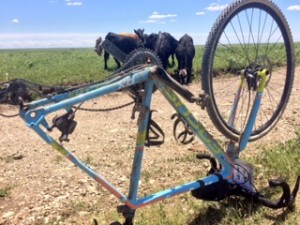



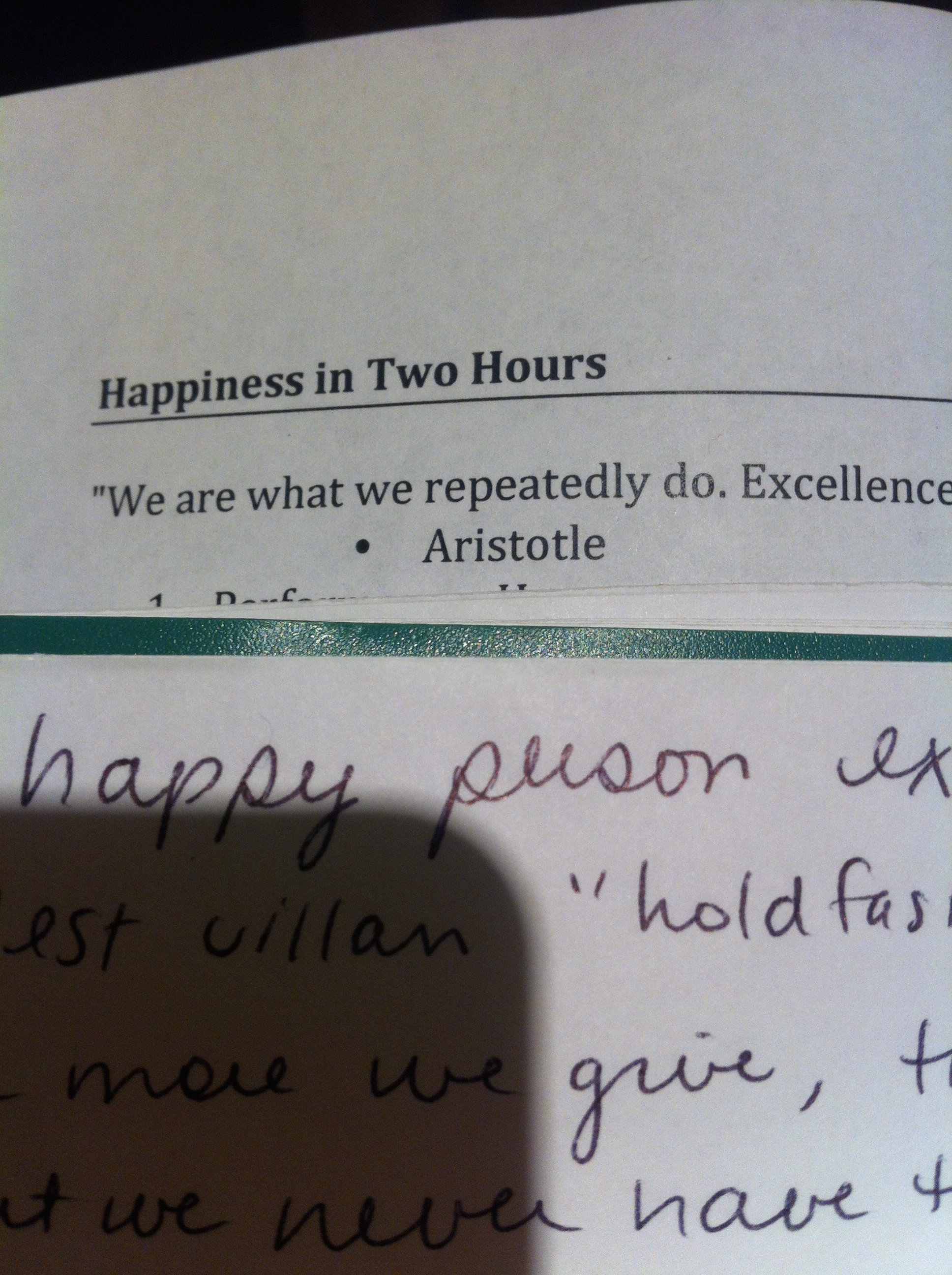

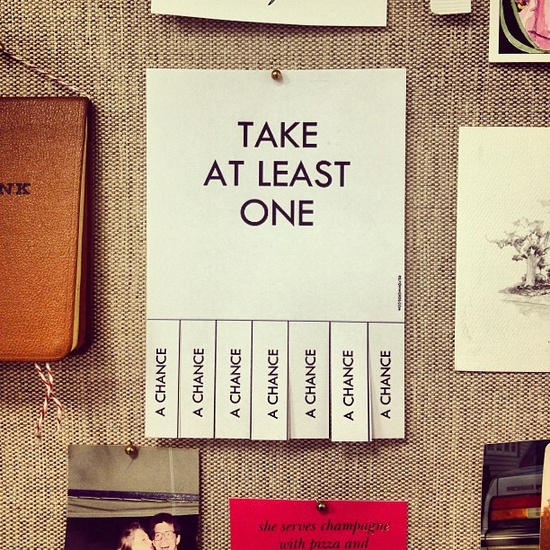
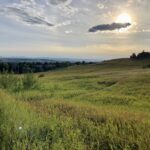


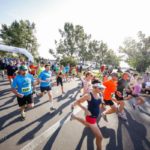

Failure is an ugly word. I have failed. I likely fail again. You failed at DK200 and, assuming you continue to try, you will fail again. As long as you learn from this experience then it is worth it. Those of us who try always run the risk of failing. But we beat the hell out of those who don’t even try.